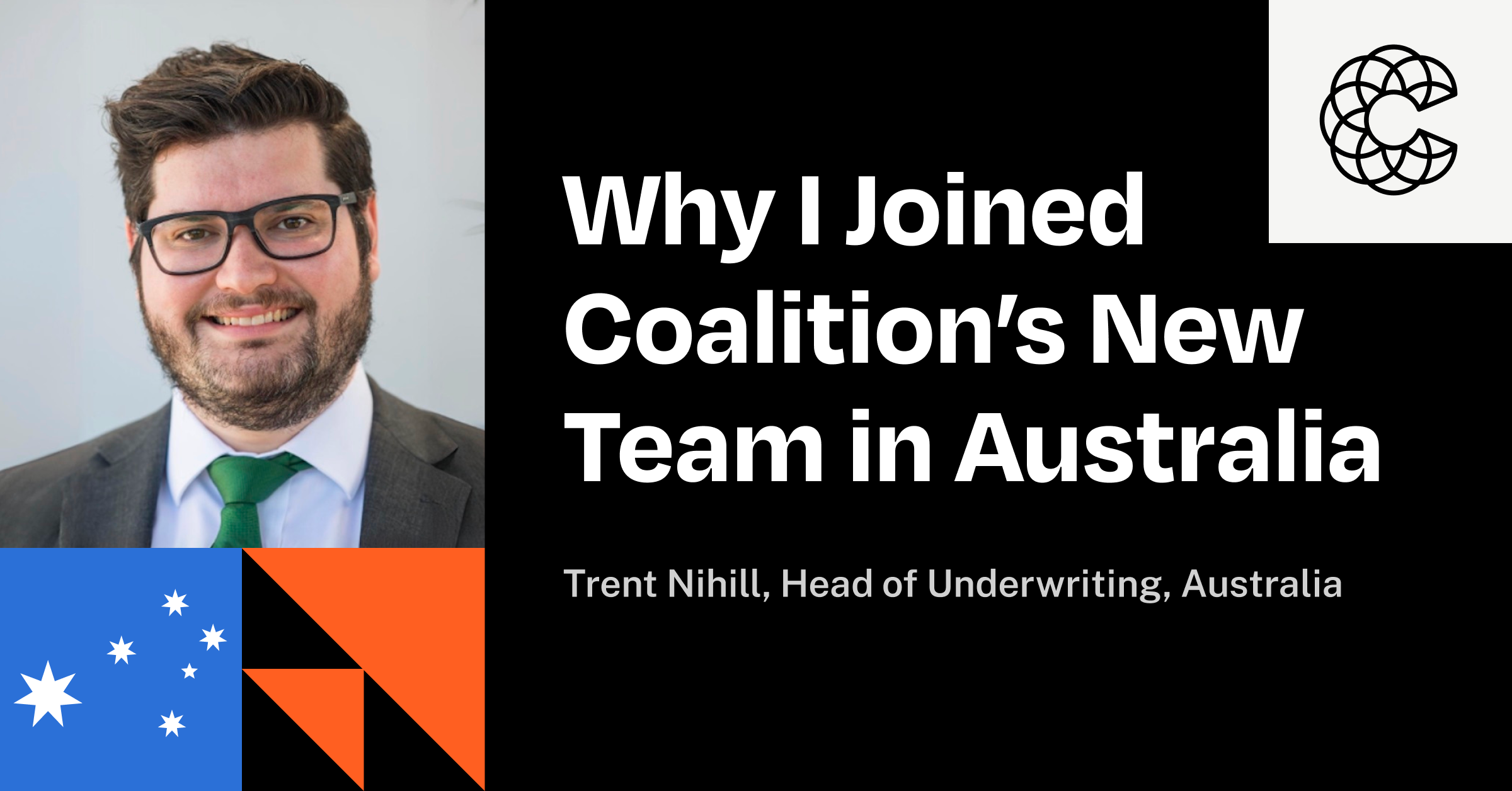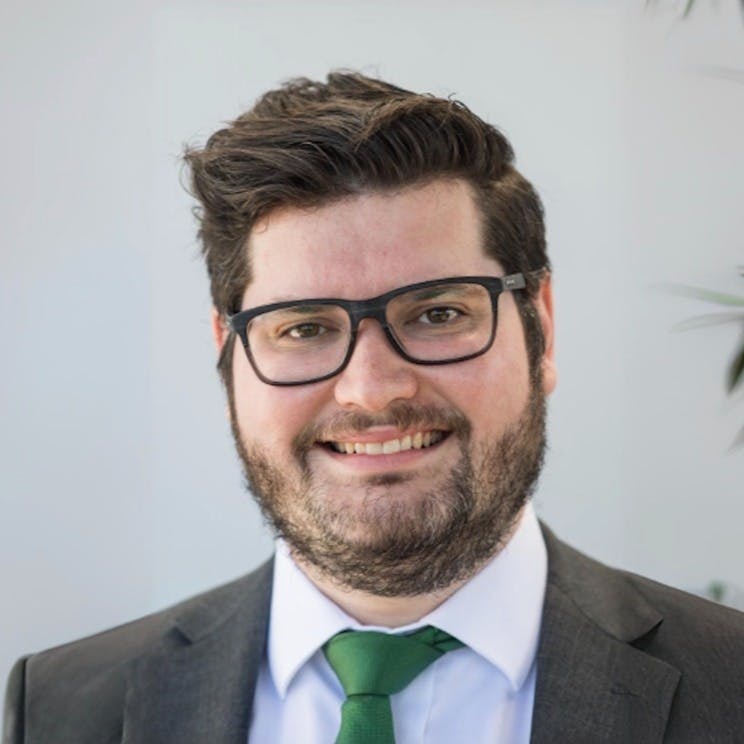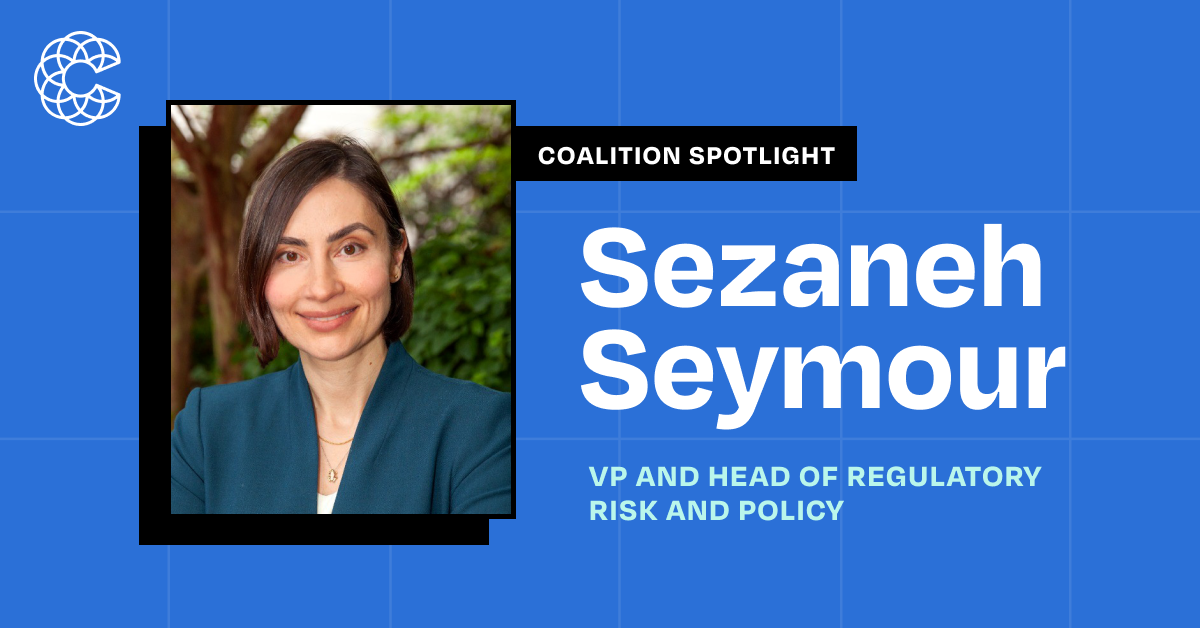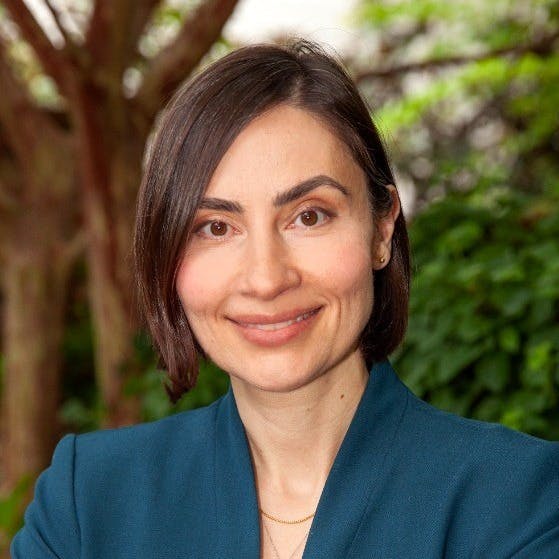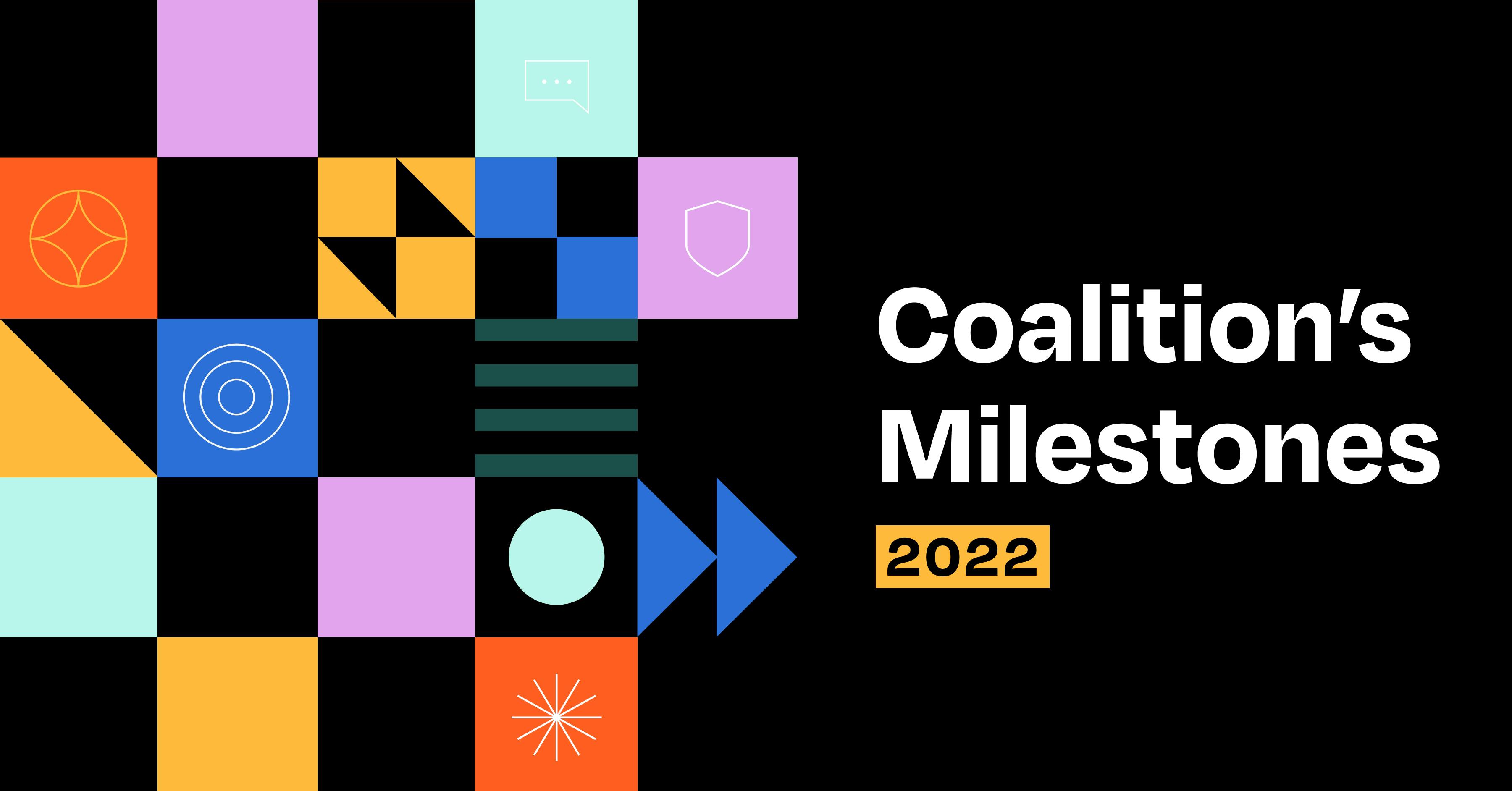How we are building engineering culture at Coalition

I want to follow up my ‘why I joined Coalition’ post with one about the engineering culture we are building on Coalition’s engineering team. I won’t rehash too much from that first post, but in summary I joined Coalition to have an impact. We are helping customers solve cyber risk and doing it better than anyone else. That creates opportunity — tremendous opportunity!
To realize this opportunity, though, we have to build a world-class engineering culture that is capable of scaling with our customers, products, and team. I have had the great privilege of helping a few different organizations through this type of scaling challenge. These experiences shape my perspective on what traits and characteristics define a world-class engineering culture.
Human centric culture
First, our organization will be human centric. News flash! Engineers are humans and good software is as much an art form as it is a science. Sure, we engineers may be nerdy and particular and a bit whiny at times (guilty!), but we’re human too. Any culture that treats engineers as code producing robots that can be relentlessly pushed isn’t going to last for long. Not only that, part of being human centric is striving for a diverse organization that is inclusive.
To create a human centric culture, leaders need to be genuine, honest, candid, and transparent. They need to connect with the team on a personal level and show empathy for life events outside of work. Needless to say, this aspect of culture is more important than ever in this year of global pandemic, isolation, and widespread civil unrest, just to name a few of our unique challenges in 2020.
'Work hard, have fun, make history'
Next is to follow a motto that I unabashedly stole from Amazon: ‘Work Hard, Have Fun, Make History!’ For me, this speaks to a type of balance. We know that solving cyber risk is going to take hard work. We not only have to outpace traditional legacy insurance solutions, but we have to keep pace with cyber risk and cyber crime more broadly. Hard work has to be balanced, though, with fun — fun at work (one of our engineering leaders shared some ideas in his post on remote work here) and fun in people’s personal lives.
Whereas working hard and having fun are something we can do right away, making history is different. That one takes time, often playing out over several years. This is why I think it’s so important for leaders to strike a balance between hard work and having fun. Done right, this builds a team and culture that sustains for the long term and enables 'Making History!'
Make and meet commitments
Third, we will do what we say we're going to do. Engineering organizations exist to build ‘stuff’ (products, features, bug fixes, etc.). Aside from exceptionally rare circumstances, someone is going to care when we are able to deliver that stuff. Whether it’s your customers, a board of directors, or executive leadership, a great engineering organization should be able to make and meet commitments, most of the time.
That ‘most of the time’ qualification is important. Building software is inherently uncertain and the variance to expectations across different efforts will be high. If you make one hundred percent of your commitments, you are ‘sandbagging.' On the other hand, if you rarely make a commitment, you erode the trust of your customers and stakeholders over time.
We’ll strive for that ‘goldilocks’ zone. We want to be aggressive enough to know that our team is working hard to deliver customer value. But not so aggressive that the organization loses trust in the engineering organization.
Set high standards
Fourth, we are going to have relentlessly high standards. The adage that comes to mind is, "If it’s worth doing, it’s worth doing right.” This is especially true as it relates to software quality, but in reality it must transcend across every aspect of our organization. Those of us engineers that have been around a little while have almost certainly experienced what happens to a piece of software when it wasn’t built with the right standards or cared for along the way.
At the end of the day, pretty much every engineer I know wants to build new stuff. When the underlying software is difficult to work with, impossible to test, and constantly breaks in production, life gets miserable pretty fast. We’ll adopt a ‘shift left’ mindset. This means:
Investing to make sound architecture and design decisions up front
Building tests before and while coding to know that the software is always working
Crafting a comprehensive observability strategy so that we operate on software with ease and ‘boring’ on-call shifts
Raising the bar
Finally, we will continually raise our own bar. The reality is that the bar is always moving. Competitors are moving it. Customers are moving it. Even our own software is moving it as we scale to more users, geographies, etc. If we aren’t raising it, then we fall behind. I have always conceptualized this tenet as the slope of a line representing aggregate organizational capability over time.
Great organizations achieve a higher slope of that line than the not so great ones. We’ll achieve that higher slope at Coalition by avoiding complacency and status quo. We’ll continuously seek out ways to innovate more in every aspect and make Coalition Engineering better while we deliver more customer value.
Join our engineering team
If this sounds like an engineering culture that you want to help build and be a part of, we are hiring! We need all forms of software engineers (backend, frontend, full stack), SREs, software managers, security engineers and analysts, product managers, along with many other roles.
Come help us solve the challenge of cyber risk and build a great company! Apply on our careers page or DM me if you would like to learn more.




